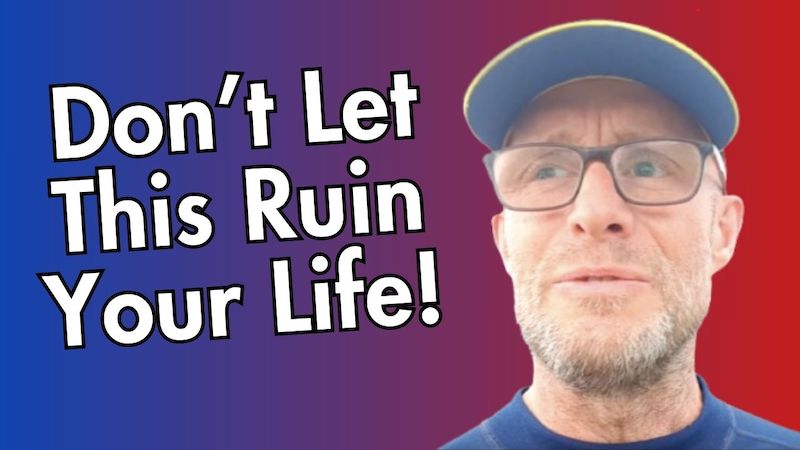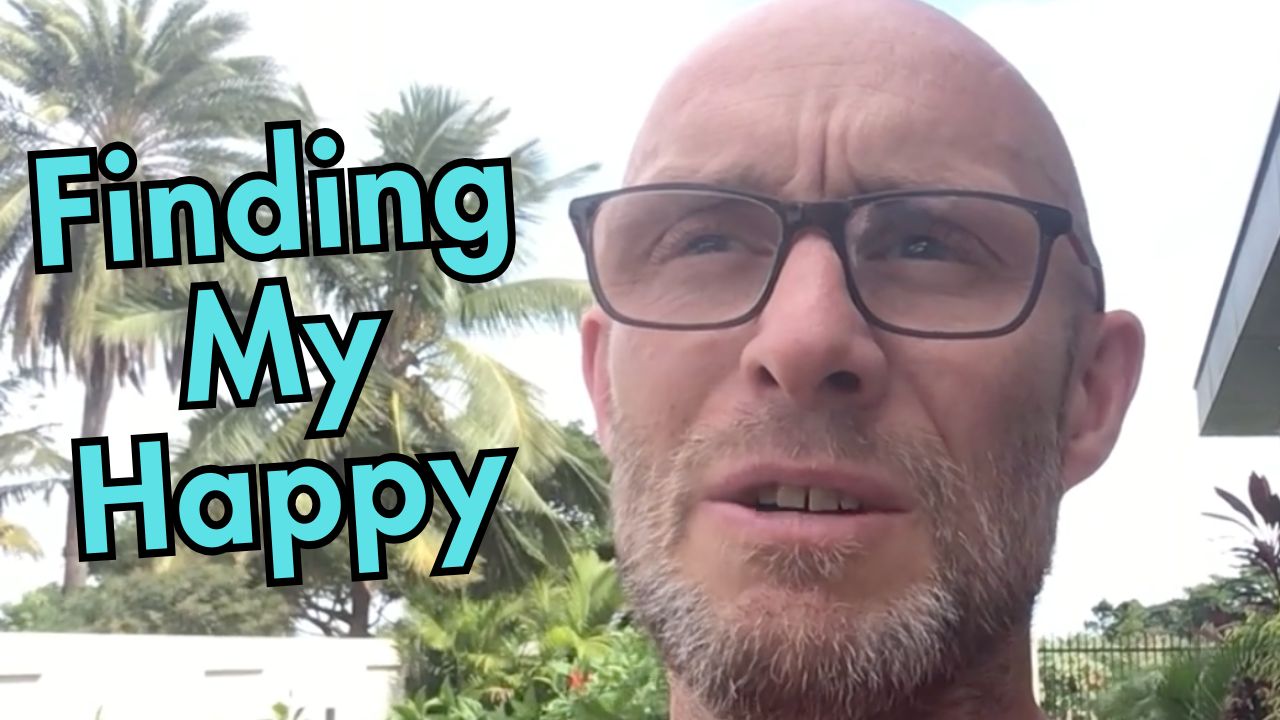I recently found myself dealing with the end of a relationship, and it’s been rough.
My partner ended things because she didn’t feel loved. And if I’m honest, I can’t blame her. While I’ve been out here in Fiji, trying to protect my mental health and sort myself out, I hadn’t been there for her. I hadn’t comforted her through the struggles, the distance, or the emotional uncertainty she’d been facing.
I hadn’t been the man she needed, and now she’s gone.
Add to that the fact that one of my daughters doesn’t want to know me, and the other hasn’t replied to a single message since I left New Zealand… and yeah, I’ve never felt quite this alone.
Not lonely, funnily enough, but very alone.
Now I’m not saying this for sympathy. Please don’t feel sorry for me. I’ve created this mess. But as I began dealing with the end of this relationship, it forced me to face some uncomfortable truths about self-sabotage, and maybe there’s something here that you can take away too.
When the Plan Falls Apart
I thought I had a plan. I was going to head back to New Zealand, pick things up, and carry on.
But when the relationship ended, so did the plan.
Sure, I’ve got the money and could return to the UK if I really wanted to. But I’m now miles from familiarity, far from friends and family. Thank goodness for the internet and a couple of mates who’ve kept in touch, but still, it’s hard.
Everything I’d lined up in my head just collapsed. The future I’d imagined went up in smoke.
And honestly? I didn’t know what to think. I didn’t know how to react.
But instead of panicking, I made a conscious choice. I decided not to make any rash decisions. No knee jerk flights, no dramatic declarations. Just a few days to sit still and let the shock wear off.
Sitting With the Mess
Getting dumped, especially when you’re already struggling, cuts deep.
But it also forced me to take a long, uncomfortable look at myself. I’ve had to admit that self-sabotage has played a huge role here. I hadn’t realised just how much I’d pushed people away or failed to support them while I was trying to protect my own mind.
I’d messed up. And I couldn’t keep doing this.
So I chose to take a beat. Not to fix my whole life, but just to figure out a next step. That’s it. Not a ten year plan. Just one thing to move forward with. Something gentle. Something that didn’t demand too much when I already felt drained.
Being Brutally Honest With Myself
When this happened, I was not my biggest fan. I’d let myself down. I’d let someone else down. And I’ve been asking myself some tough questions.
Am I too selfish? Am I broken? Am I simply incapable of maintaining a healthy relationship?
Truth is, I don’t know yet.
But I do know this. I want to get to the bottom of it. I want to change. I want to understand why I behave the way I do when things get tough and stop it before I burn down everything good in my life.
Dealing With the End of a Relationship Means Giving Yourself Grace
This experience has taught me that dealing with the end of a relationship isn’t just about grief or regret. It’s also about giving yourself space.
I’ve had to sit with emotions I didn’t want to feel. I’ve had to own the part I played. And I’ve had to fight the urge to run away or make impulsive decisions just to avoid discomfort.
I’ve also realised that self-care matters more than ever in moments like this. And that it’s OK not to have all the answers yet.
Maybe You’ve Been Here Too
This isn’t one of those “10 steps to fix your life” kind of posts. It’s just a real story about a bloke whose life came off the rails, who’s now sitting in the wreckage and trying to figure out what’s next.
If you’re dealing with the end of a relationship too, whether caused by self-sabotage or something else, just know this. You’re not the only one.
And sometimes, the best next step is simply to pause, breathe, and give yourself some grace.
That’s where I’ve started.


